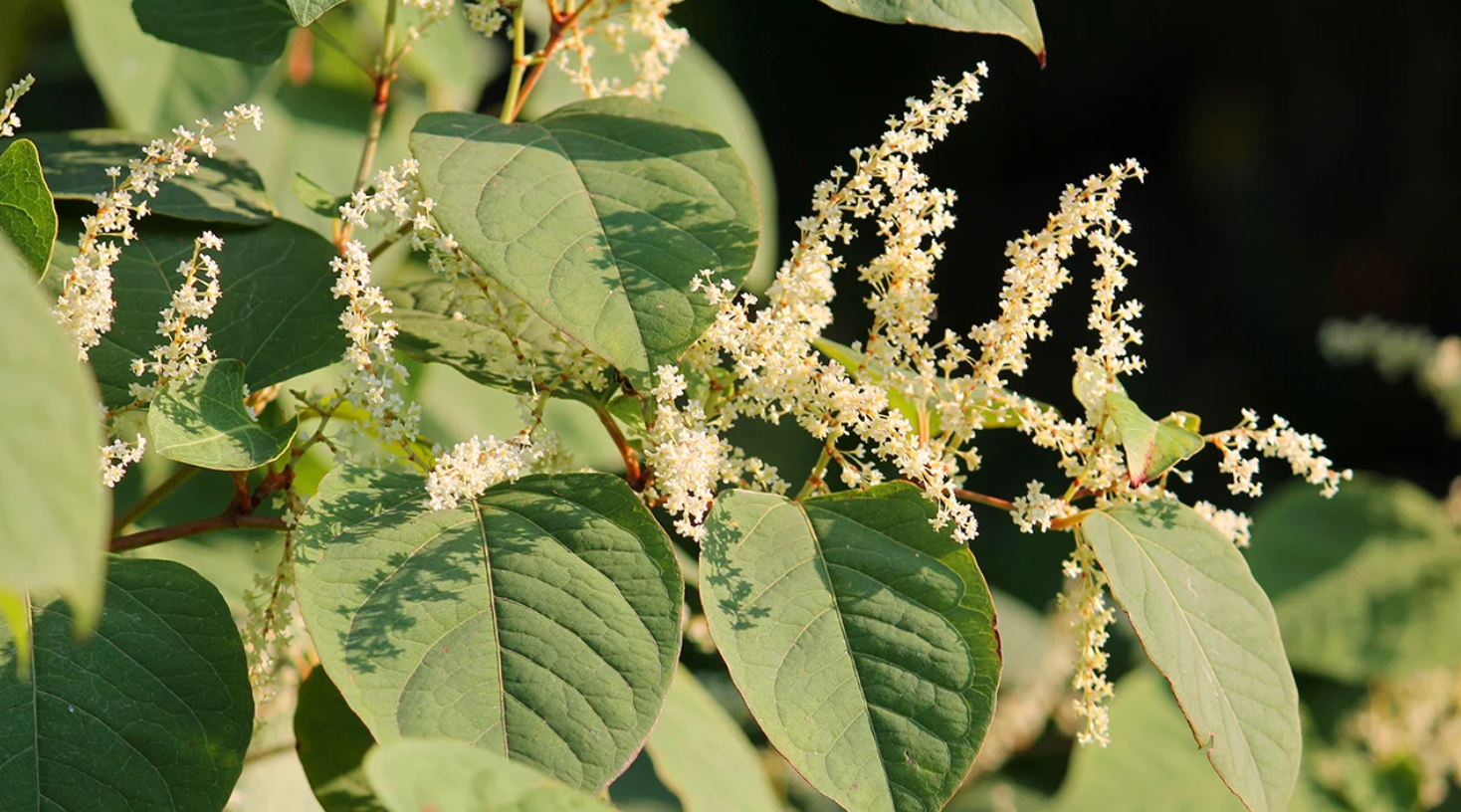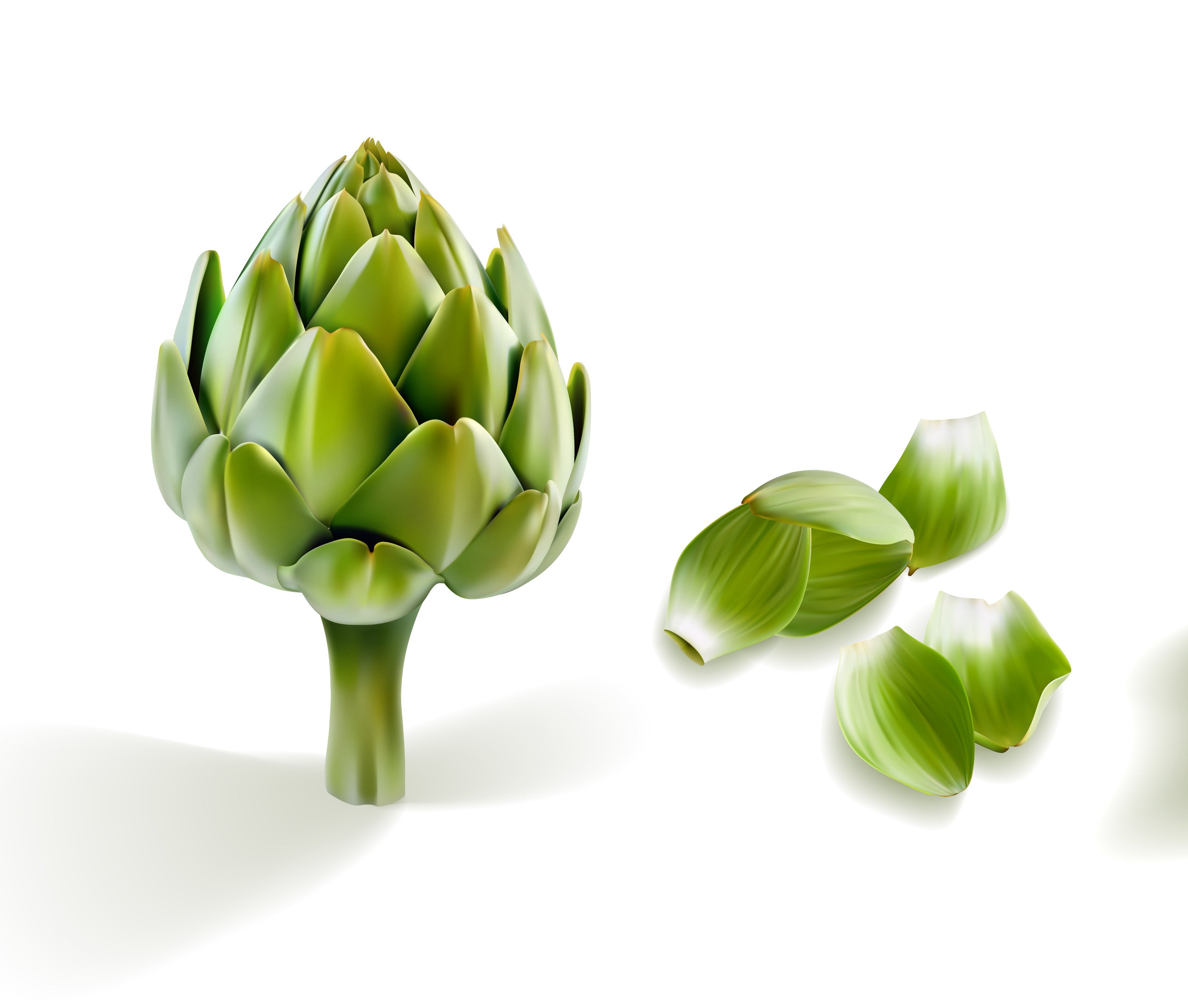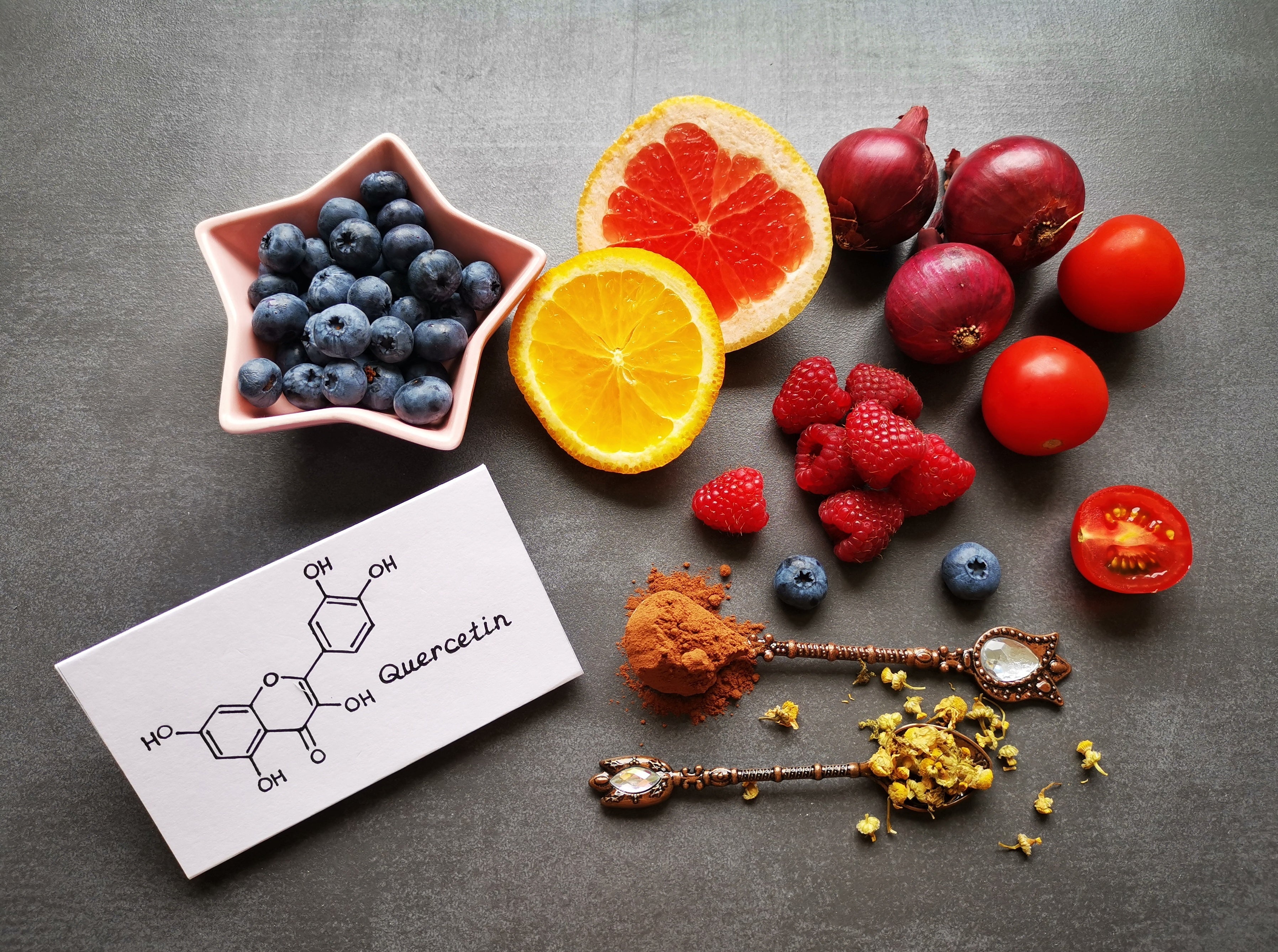Botanical Name: Fallopia sachalinensis (formerly known as Polygonum sachalinense)
Common uses: Heart health, antioxidant support, anti-aging properties
Traditional Use:
Giant Knotweed, also known as Sakhalin Knotweed, is a plant native to Eastern Asia. It has a long history of use in traditional medicine for its potential health benefits. One of the key components found in Giant Knotweed is resveratrol, a compound known for its antioxidant and cardioprotective properties.
Research Overview:
Scientific research has focused on the health benefits of Giant Knotweed, particularly its high resveratrol content. Resveratrol is a polyphenol that has gained attention for its potential to support heart health and provide antioxidant support.
Resveratrol is known for its ability to promote cardiovascular health by supporting healthy blood vessels and circulation. It may help maintain normal blood pressure levels and reduce the risk of certain cardiovascular conditions. Resveratrol has also shown potential in improving lipid profiles by helping to maintain healthy cholesterol levels.
Additionally, resveratrol is a potent antioxidant that helps neutralize free radicals and reduce oxidative stress. Oxidative stress can contribute to the aging process and the development of chronic diseases. By reducing oxidative damage, resveratrol supports overall health and may have anti-aging effects.
Interesting Fact: Did you know that resveratrol gained attention due to its presence in red wine? It was initially linked to the "French Paradox," which refers to the lower incidence of cardiovascular disease among the French population despite their consumption of rich, high-fat diets. However, it's important to note that the concentration of resveratrol in red wine is relatively low, and supplementation may be necessary to attain therapeutic levels.
Sources:
- Berman AY, Motechin RA, Wiesenfeld MY, Holz MK. The Therapeutic Potential of Resveratrol: A Review of Clinical Trials. NPJ Precis Oncol. 2017;1:35.
- Patel KR, Scott E, Brown VA, et al. Clinical Trials of Resveratrol. Ann N Y Acad Sci. 2011;1215:161-169.
- Imamura H, Yoshimoto S, Umegaki K, et al. Nitric oxide production and endothelium-dependent vasorelaxation induced by resveratrol in rat aorta. Biol Pharm Bull. 2002;25(6):772-776.



